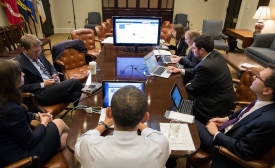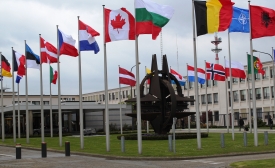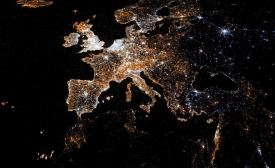twiplomacy
Over the past five years, Twitter has become the ultimate channel for digital diplomacy for world leaders and governments. It is the prime social network used by heads of state and government in 173 countries, representing 90 percent of all United Nations (UN) member states, according to Burson-Marsteller's Twiplomacy study, an annual global survey of world leaders on social media.

Comprehensive digital diplomacy report unpacks global engagement and case studies online.
States should use the increasing power of social media networks and work with them to achieve foreign policy objectives. [...] However, there is much more room for states to cooperate with social media rather than seeing it as an enemy. Instead, there are ample opportunities to use social media’s features, low costs and high effectiveness as tools to promote a state’s foreign policy objectives.

A CPD paper reflects on and refines current practices in digital advocacy campaigns.

Building on Bjola's recent analysis of NATO's online bubble, Manor looks at NATO's network.

Digital diplomacy might be preaching to the choir...but is that a bad thing?







